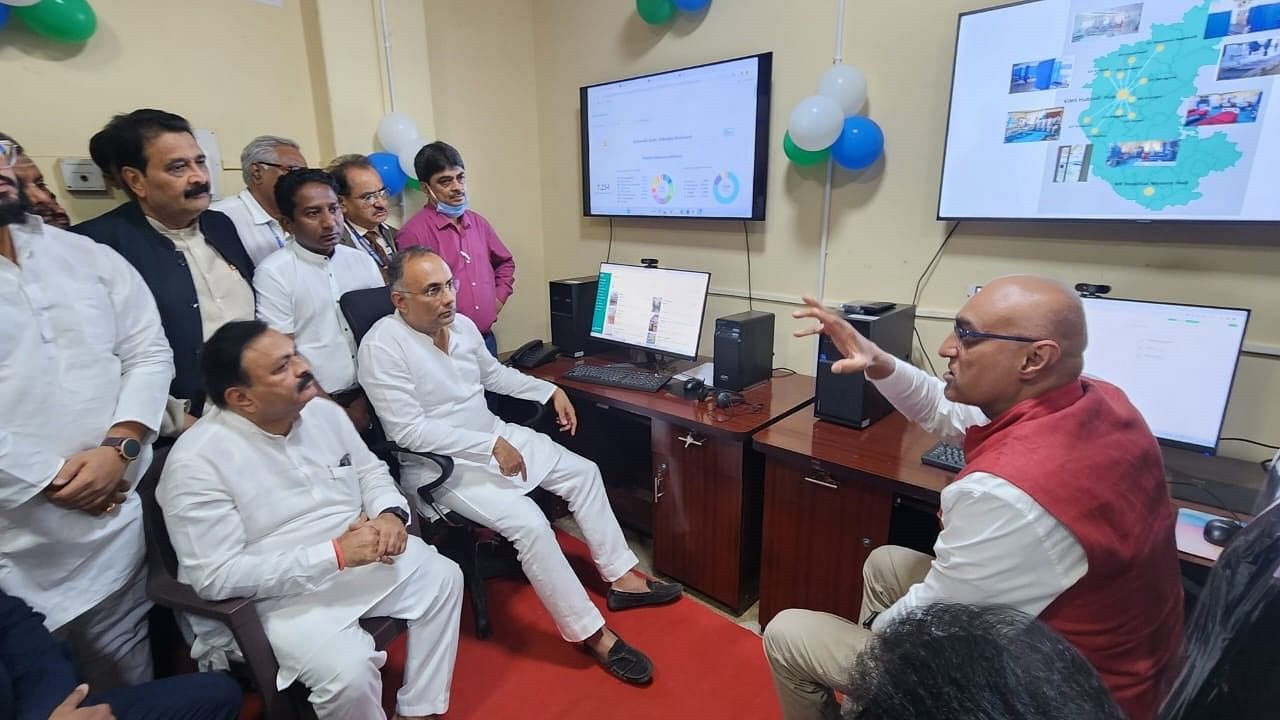
If patients in rural areas cannot benefit from modern medicine, medical education becomes an elitist activity.
Special arrangement
The Karnataka government has planned to establish tele-ICU centres in 60 taluks of the state through a public-private partnership in order to overcome the shortage of specialists in these areas. Although providing relief to places where there are no doctors—leave alone specialists—is commendable, the government should investigate as to why there are no qualified doctors in these places, despite the medical course being stretched by one whole year to give fresh medical graduates an opportunity to gain experience in serving patients in remote and rural areas. Such experience is the most valuable asset in medical education anywhere in the world, which is the reason for its long duration of study in the best medical colleges and universities. In any case, training to be a doctor is a lifelong study.
The physiology of a patient may remain the same and be mastered by students through books and practice. But the changes that take place in that physiology through age, disease, or accident vary from patient to patient. New diseases that have no precedent to follow, like Covid-19, become another subject to learn, explore, and master. Again, medical research may yield newer methods of operating and healing a body afflicted with the same disease. Lastly, the discovery of new medicine to treat the same disease makes medical education a lifetime of study and practice. A good example would be eye surgery and cataract extraction in particular, which have improved by leaps and bounds. Gone are the days when surgeons held a patient down while operating. Such scenes can be seen only in museums today.
If patients in rural areas cannot benefit from modern medicine, medical education becomes an elitist activity. It loses its value since the greater part of India still lives in its villages. The 30,579 primary health centres and 5,951 community health centres functioning in India at present are plagued by a shortage of qualified doctors, radiographers, laboratory staff, and even qualified nursing staff who can deal with emergencies. The reasons behind this shortage are staring you in the face.
Neither doctors who vowed to stand by the Hippocratic Oath nor their nursing staff are inclined to work in rural health centres, which they consider a punishment posting. They find a million reasons for not being able to do so. According to last year's statistics, there were 157,819 subcentres (SCs), 30,579 primary health centres (PHCs), and 5,951 community health centres (CHCs) functioning in India. If these centres cater to the poorest citizens of the country in areas that lack the minimum facilities to lead a normal life, like nutritious food, clean drinking water, and decent habitation, these are also the disease-prone areas that need proper emergency medical facilities and health services. If the patient is a child or newly born infant, the scenario becomes worse.
When qualified doctors refuse to serve in such critical areas, which should have rightly motivated them, Ayushman Bharat has become a farce and medical colleges a money-spinner business. At the end of the day, it is the responsibility of medical colleges to adopt proper measures to ensure that their students don’t break the holy oath by abandoning their duties and obligations to society. If the present trend of people running away from their responsibilities once they get that medical degree continues, India’s rural poor will continue to suffer in medical centres plagued by poor infrastructure and a staff crunch. As it is, these centres are plagued by a sad lack of basic health care facilities like lifesaving drugs and proper equipment to treat emergencies or serious ailments. If they don’t even have properly trained, competent medical staff, with doctors shirking their responsibilities after getting their degrees, it's truly a travesty of trust, apart from being a shameful dereliction of duties. The Hippocratic Oath will then lose its meaning, and the gold medals will lose their sheen.